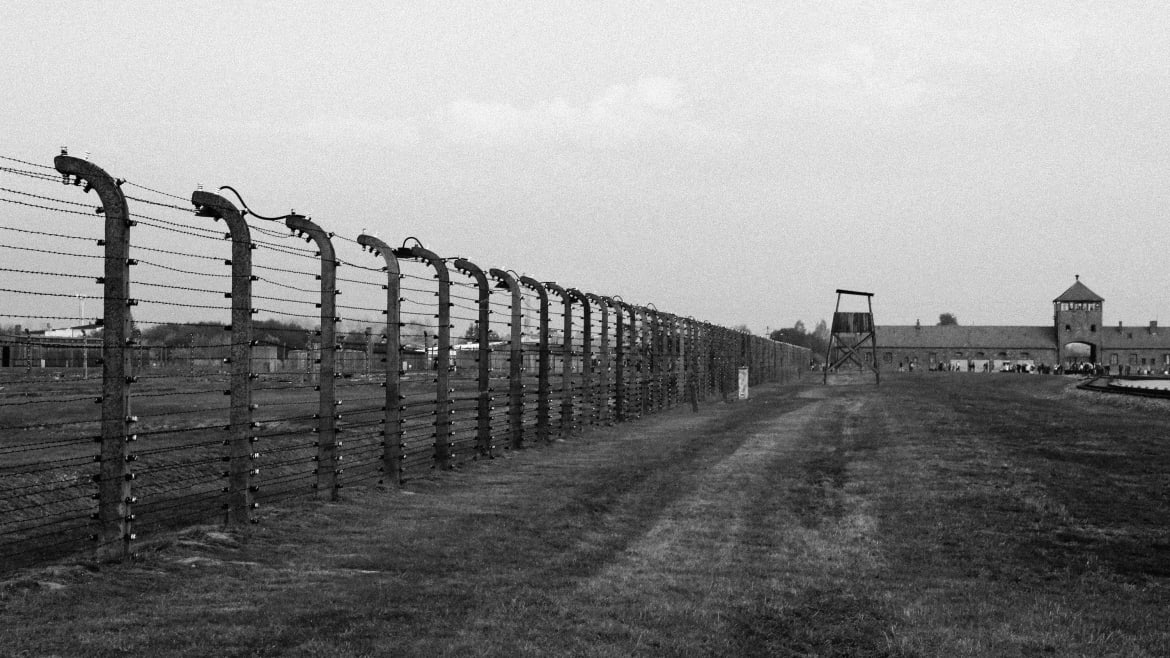Getty Images
I first encountered Rudolph Vrba, distinguished professor of biochemistry at the University of Vancouver, survivor of Auschwitz, back in the late 1980s, when I had the privilege of watching Shoah, Claude Lanzmann’s epic film masterpiece about the Holocaust. The purpose of the film, says Yale historian Timothy Snyder, is “to bring the viewer into contact with the seemingly impossible, the unqualified nothingness of mass death.”
Lanzmann succeeds. Shoah is an exceptionally moving and morally disturbing piece of work.
Astonishingly, this nine-hour masterpiece contains no archival footage. It is composed entirely of clips from Lanzmann’s interviews with an eclectic array of survivors, perpetrators, and bystanders. Many of the interviews are conducted on the eerily peaceful, deserted grounds of the death camps, or the towns nearby.

